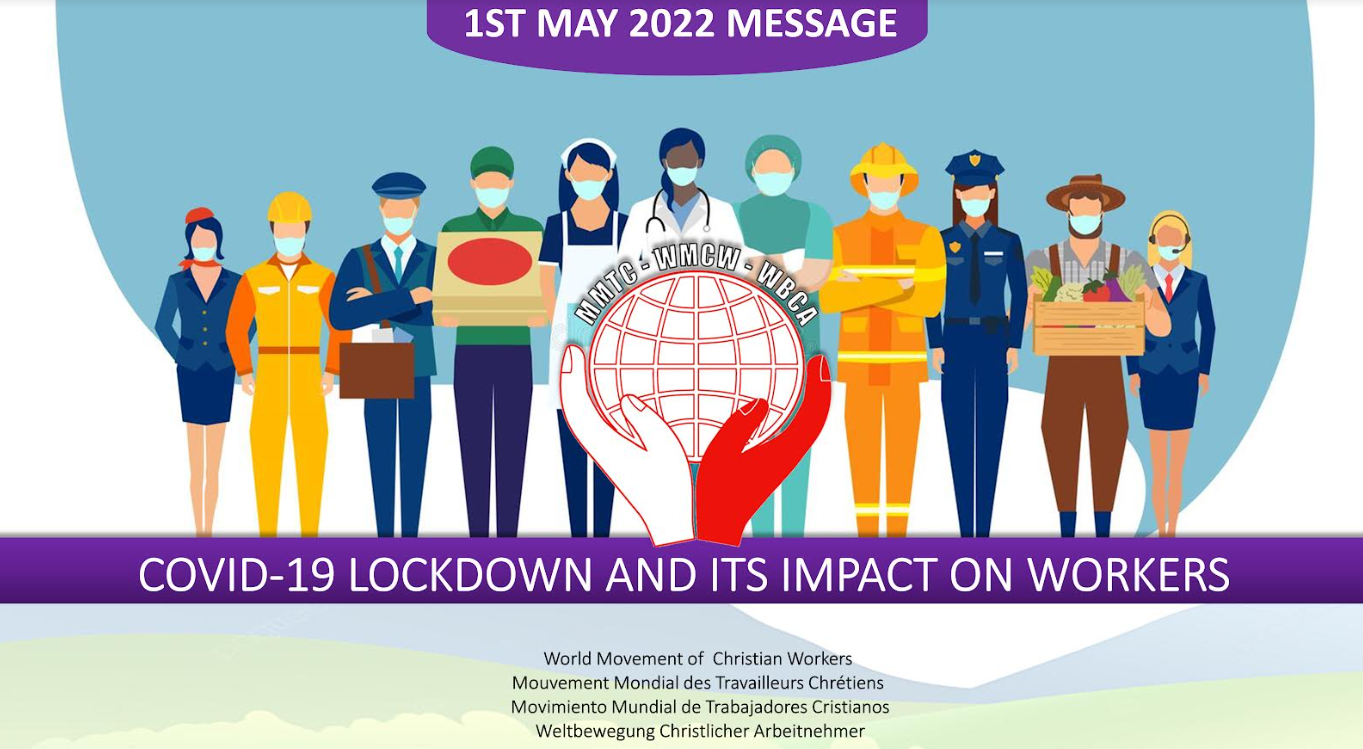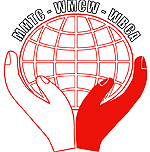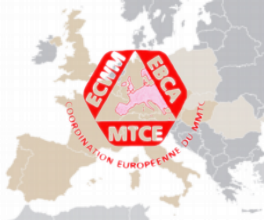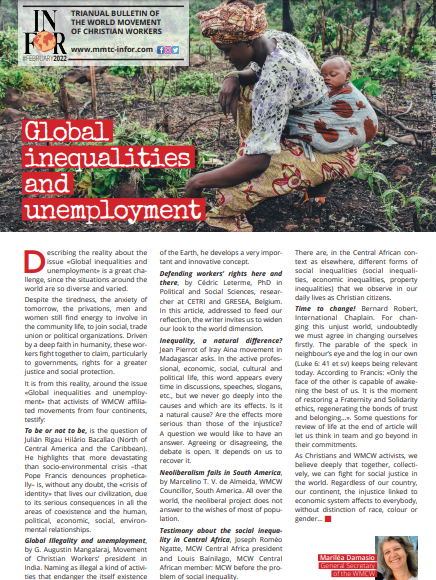
Confinement due to Covid-19 began two years ago and in Uganda, after almost two years workers have experienced unspeakable stories of suffering and despair. Many workers have lost their jobs due to the long period of confinement and unemployment levels have risen.
Uganda was one of the countries with the longest lockdown period, from 1 April 2020 to January 2022, when the economy was fully reactivated. Informal entrepreneurs had no income during this period and had to dip into their own savings, rely on government food aid or seek help from family and friends to survive. This means that during the period of closure, most workers found themselves in a subsistence economy.
The conditions of confinement have affected almost all sectors of the labour market. The number of people employed in Uganda has declined from 9 million in 2016/17 to 8.3 million in 2019/20. This led to many wage earners losing their jobs. Other workers were forced to close their businesses.
Due to the unemployment situation in the country, even before the pandemic, Uganda used to export labour to the Middle East, especially to Saudi Arabia and the United Arab Emirates. This was despite reports of poor working conditions. The number of Ugandan migrants has decreased from 25,363 in 2019 to 9,026 in 2020, due to the effects of the pandemic. This explains the extent of the impact of confinement on workers in Uganda and globally.
The precariousness of work in the context of a global crisis such as the one caused by the pandemic calls for a new vision of workers' welfare and dignity. In collaboration with the World Movement of Christian Workers (WMCW), the Christian Workers Movement (CWM) - Uganda wishes to commemorate May Day as an international workers' day, as a call for improved labour laws and conditions that protect workers from precarious work and the uncertainties that affect social and economic life. It is time to think of those who have lost their jobs during the long period of confinement due to the Covid-19 pandemic and who can no longer afford to buy basic necessities. Like Pope Francis (General Audience of 12.01.2022), we think of those who are out of work, of those who go knocking on the doors of factories, of companies, of houses, asking if there is "something" to do and get "nothing". We think of those whose dignity is wounded because they can't find work to do and go home with nothing.
Let us remember that what gives dignity is not only bringing home bread, but earning it. And if we do not give our people, our men and women, the opportunity to earn their bread, it is a social injustice in this place, in this nation and on this continent. Governments must give everyone the opportunity to earn their bread, because this is what gives them dignity. Work is an action of dignity. Through his work, a man usually supports himself and his family. (Gaudium et Spes, 67).
Message written by MTC Uganda









